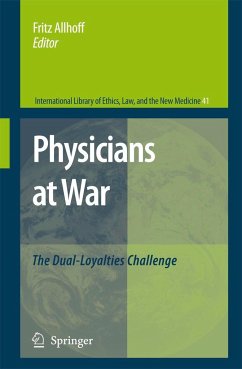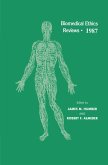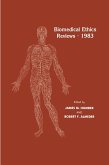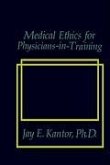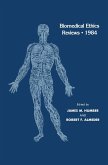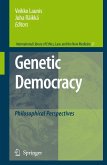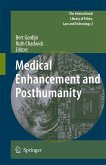This paper offers a brief examination of ethical health issues arising from military operations and outlines which, if any, of these ethical health issues apply to current Australian Defence Force (ADF) military operations. The transparency of military operations provided through real time global media reporting and the Internet, has raised public awareness of incidents that can be viewed broadly as ethical issues or dilemmas. While many of these issues are not new, it is the changing context of post cold war military operations and scale and demand of humanitarian operations that places new requirements on how the ADF best addresses these potential issues before they become critical incidents. In identifying potential ethical issues arising from military health operations, it is recognized that military health personnel operate within a command and control organizational structure and associated culture. It is also recognized that the complexity of the issues and the environmentwithin which military health personnel are expected to operate will raise ethical health issues not likely to be encountered to the same degree by those health practitioners operating in the average suburban practice or hospital, except when health personnel are confronted with large scale emergencies, such as those encountered with recent terrorist attacks and massacres.
From the reviews:
"Physicians at war: The dual-loyalties challenge is a collection of essays which provide philosophical, political, and legal perspectives on many of the conflicting obligations which physicians may face during times of armed conflict. ... valuable for anyone who is concerned about the role and obligations of physicians in national security/defense issues. ... this book has important implications for other areas of medicine were physicians find themselves called upon to use their medical skills and knowledge in service of the state." (Jason Gatliff, Journal of Bioethical Inquiry, Vol. 6, 2009)
"Physicians at war: The dual-loyalties challenge is a collection of essays which provide philosophical, political, and legal perspectives on many of the conflicting obligations which physicians may face during times of armed conflict. ... valuable for anyone who is concerned about the role and obligations of physicians in national security/defense issues. ... this book has important implications for other areas of medicine were physicians find themselves called upon to use their medical skills and knowledge in service of the state." (Jason Gatliff, Journal of Bioethical Inquiry, Vol. 6, 2009)

